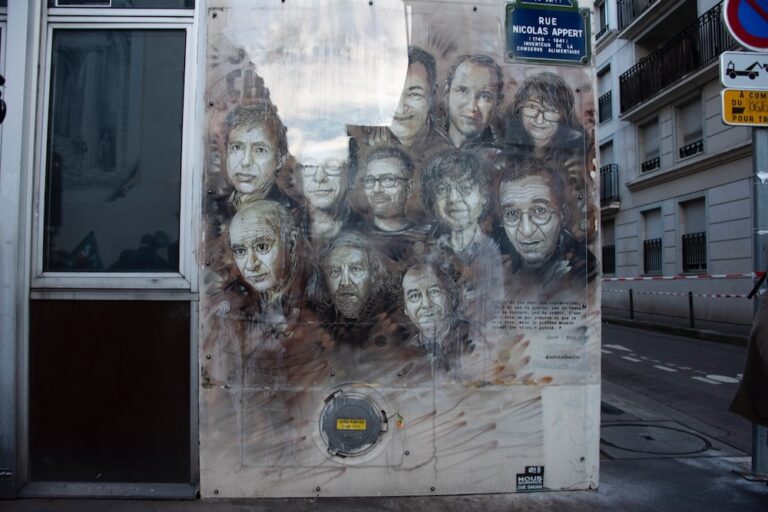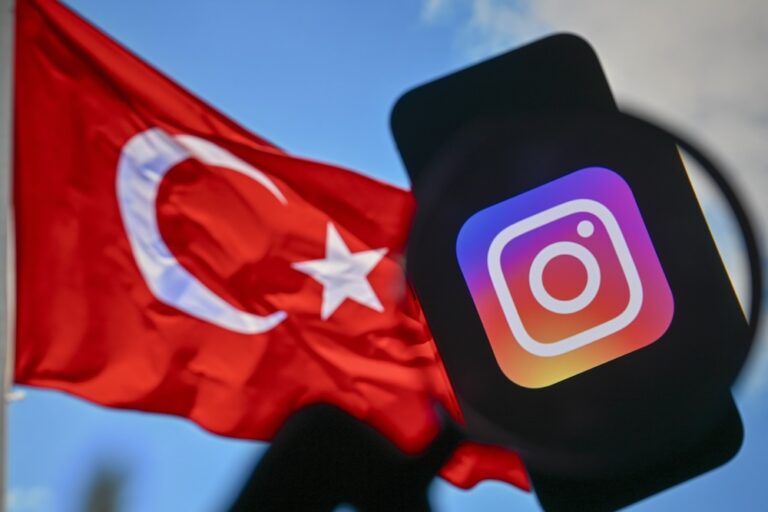(IAPA/IFEX) – The following is a 25 March 2003 IAPA press release: IAPA conclusions highlight main press freedom violations in past six months MIAMI, Florida (March 25, 2003) – The Inter American Press Association (IAPA) concluded at its Midyear Meeting in El Salvador, March 21-24, that in the past six months freedom of the press […]
(IAPA/IFEX) – The following is a 25 March 2003 IAPA press release:
IAPA conclusions highlight main press freedom violations in past six months
MIAMI, Florida (March 25, 2003) – The Inter American Press Association (IAPA) concluded at its Midyear Meeting in El Salvador, March 21-24, that in the past six months freedom of the press was infringed upon in the Western Hemisphere by governments, political leaders and courts that insisted on applying restrictive and obsolete laws. In its conclusions, the organization pointed out that in a number of countries, such as Colombia, Venezuela, Cuba and Haiti, paramilitary groups, guerrillas or government supporters joined in subjecting journalists and the media to undue pressure.
Among the main restrictions on press freedom, although expressed in ways varying from country to country, the following characteristics were noted:
a) Murders, attacks and threats against the physical safety of journalists and their sources are still the main problem in the hemisphere.
In Colombia, violence by irregular groups caused the deaths of five journalists, two because of their work and the other three for unknown motives. Nine journalists were kidnapped, 69 were threatened and three left the country because they feared for their lives. In addition, four media outlets were bombed.
In Haiti, threats forced four journalists to leave the country and the closure of a radio station.
In addition to these acts of violence, there were physical attacks on journalists by mobs connected to governments or parties during demonstrations, protests and political meetings. Incidents of this type occurred in Venezuela, Cuba, Bolivia, El Salvador and Haiti.
b) The most dramatic example of the detention and arrests of journalists is in Cuba. Official repression of independent journalism culminated recently in the detention of about 20 journalists, in addition to those who had been sentenced earlier or are awaiting trial.
Journalists also were detained for brief periods in the Dominican Republic and Mexico.
c) Verbal violence by politicians in power sometimes goes beyond moral condemnation and insults to become an instigation to lynch journalists and attack media outlets.
The most disturbing incidents of this type occurred in Cuba and Venezuela. In Cuba, the government called independent journalists “a mercenary force” and compared them to the groups that participated in the Bay of Pigs. With this heated rhetoric, citizens instigated by the government hold “repudiation meetings” in front of independent journalists’ homes.
In Venezuela, President Hugo Chávez declared that 2003 would be the year of the “media battle” and called representatives of important media companies the “Horsemen of the Apocalypse.” In an effort to inflame public opinion, the foreign minister accused the press of planning the president’s assassination. The effect of this official language can be seen in the reaction of the Bolivarian Circles, which attack journalists, destroy their equipment and burn their vehicles. The situation has reached the point where journalists carry flak jackets as part of their basic equipment.
Senior Guatemalan officials have also harshly attacked the press.
Verbal attacks against the press are also frequent in Bolivia and the Dominican Republic, although they are not as intense as in Cuba and Venezuela.
d) Judicial harassment in support of obsolete and restrictive laws is also a cause for concern.
In Brazil, intervention by the courts encouraged several cases of prior censorship. In Cuba and Venezuela, the courts are used for repression.
In Cuba, independent journalists face the threat of sentences of up to 20 years in prison and their publications are summarily censored and confiscated. This happened to the magazine De Cuba on March 18.
There is also judicial harassment in Argentina, Costa Rica, El Salvador, Jamaica, Mexico, the Dominican Republic and Uruguay.
e) In some countries, bills and new laws would restrict press freedom rather than broaden it.
The threat of new laws restricting press freedom has appeared in Venezuela, Chile, Brazil and Colombia. There is also cause for concern in the United States, where new measures implemented in connection with the war against terrorism restrict access to news sources.
f) Government economic and tax pressure was particularly harsh in Venezuela, where currency exchange regulations threaten the importation of supplies for media companies.
There is also pressure of this type in Guatemala, where Treasury officials harass the media with continuous audits, and in Nicaragua, where tax breaks that media companies count on were challenged.
In Uruguay there is an important debate about the policies for placement of government advertising.
g) Despite the advisory opinion of the Inter-American Court of Human Rights, which settled the debate about obligatory licensing of journalists in 1986, the problem persists in several countries.
There is obligatory licensing in Venezuela, Ecuador, Honduras, Nicaragua and other countries. In Nicaragua, the constitutionality of the licensing law is being appealed. In Panama, the executive branch declined to approve a law that would have required licensing.
h) In the face of violations of press freedom, there is hope that the action of institutions of the inter-American human rights system, especially the Inter-American Court of Human Rights, the Inter-American Commission on Human Rights and its Special Rapporteur for Freedom of Expression will bring about general improvements.
The Inter-American Court handed down temporary measures to safeguard press freedom in Venezuela. The Venezuelan government has not complied with these measures, but they provide strong support to independent journalism in that country.
With respect to Costa Rica, there was better compliance with the court’s temporary measures to protect the rights of journalist Mauricio Herrera and the daily La Nacion. In addition, the court soon will begin to study the Herrera case to issue a decision that could establish press freedom guidelines that are valid for the entire hemisphere.


